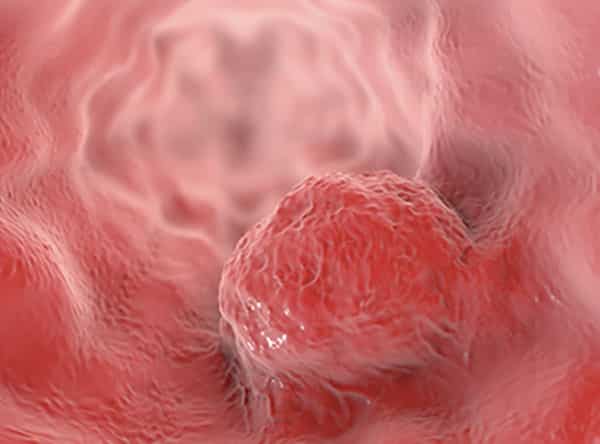New Combination Therapies for Esophageal Cancer
The FDA has approved an immunotherapy to be used in combination with another immunotherapy or chemotherapy for the treatment of esophageal squamous cell carcinoma.
The U.S. Food and Drug Administration (FDA) has approved the immunotherapeutic nivolumab (Opdivo) in combination with either a fluoropyrimidine- and platinum-based chemotherapy or the immunotherapeutic ipilimumab (Yervoy) for the first-line treatment of patients with advanced or metastatic esophageal squamous cell carcinoma (ESCC).
Nivolumab is a type of immunotherapy called an immune checkpoint inhibitor. It works by interfering with a natural process that keeps immune responses in check—a process that cancer cells often use to hide from the immune system. By blocking the cellular signals that kickstart this process, nivolumab can help the immune system recognize and kill the cancer cells.

Ipilimumab is another immune checkpoint inhibitor that blocks a different cellular signal than nivolumab. Targeting both pathways together may enhance the effects of immune checkpoint inhibition.
The approval was based on results from CHECKMATE-648, a randomized, active-controlled, open-label clinical trial. The researchers enrolled 970 patients with advanced, recurrent, or metastatic ESCC who had not received prior treatment and whose tumors could not be removed by surgery. Patients were randomly assigned to receive nivolumab plus the chemotherapies fluorouracil and cisplatin, nivolumab plus ipilimumab, or fluorouracil and cisplatin.
The median overall survival was 13.2 months for patients treated with nivolumab plus chemotherapy, 12.8 months for patients treated with nivolumab plus ipilimumab, and 10.7 months for patients treated with chemotherapy alone. Nivolumab plus chemotherapy and nivolumab plus ipilimumab decreased the likelihood of death by 26 percent and 22 percent, respectively, compared with patients who received chemotherapy alone.
ESCC is a common type of esophageal cancer that forms from the thin, flat cells—called squamous cells—lining the esophagus. According to federal statistics, over 20,000 people in the U.S. are estimated to be diagnosed with esophageal cancer and over 16,000 people in the U.S. are estimated to die of the disease in 2022.
The FDA rendered its decision on May 27, 2022.
